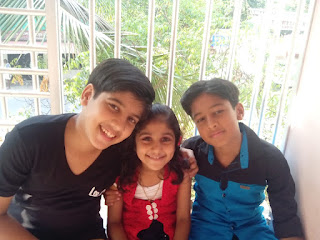Are we really 'Politically Correct?'
A few years ago, opinions given by self-proclaimed secular scholars on issues involving religion were widely accepted by our society, almost as if the secular perspective was considered the most unbiased. However, nowadays, a scholar from a different religion or caste who speaks about another religion or caste often holds more legitimacy and acceptance than one from the same background who discusses the same topic. You see this fascinating funda ?
Okay, let me make it clearer. For example, if you are a Dalit who researches Dalit perspectives, society tends to impose the label of a "Dalit scholar" on you, restricting your academic freedom to discuss other subjects. You may find that you are only invited to speak on Dalit issues, even by progressive student organizations—a trend I've observed in places like JNU. In contrast, a Brahmin who researches Dalit issues might be considered authoritative not only on that topic but on any other subject as well. The upper-caste scholar is often invited to speak on any topic under the sky, as we frequently see in JNU.
Similarly, if a Hindu or Christian scholar speaks in support of Palestine, people might say, "Yes, this person is speaking the truth, unbiased, excellent!" and offer applause. However, if a Muslim scholar expresses the same solidarity with Palestinians and provides academically sound arguments, the reaction might be, "Well, of course, he's supporting Palestine because he's a Muslim."
We are indeed living in a very progressive society, aren't we?
I'm just curious—if the subaltern starts to speak, will their opinions be accepted by our civilized society? Does a subaltern really need a privileged or power-holding spokesperson to speak for them so that their opinions will be accepted and heard properly? My answer would be a "brute yes" with a "resisting no."




Comments
Post a Comment